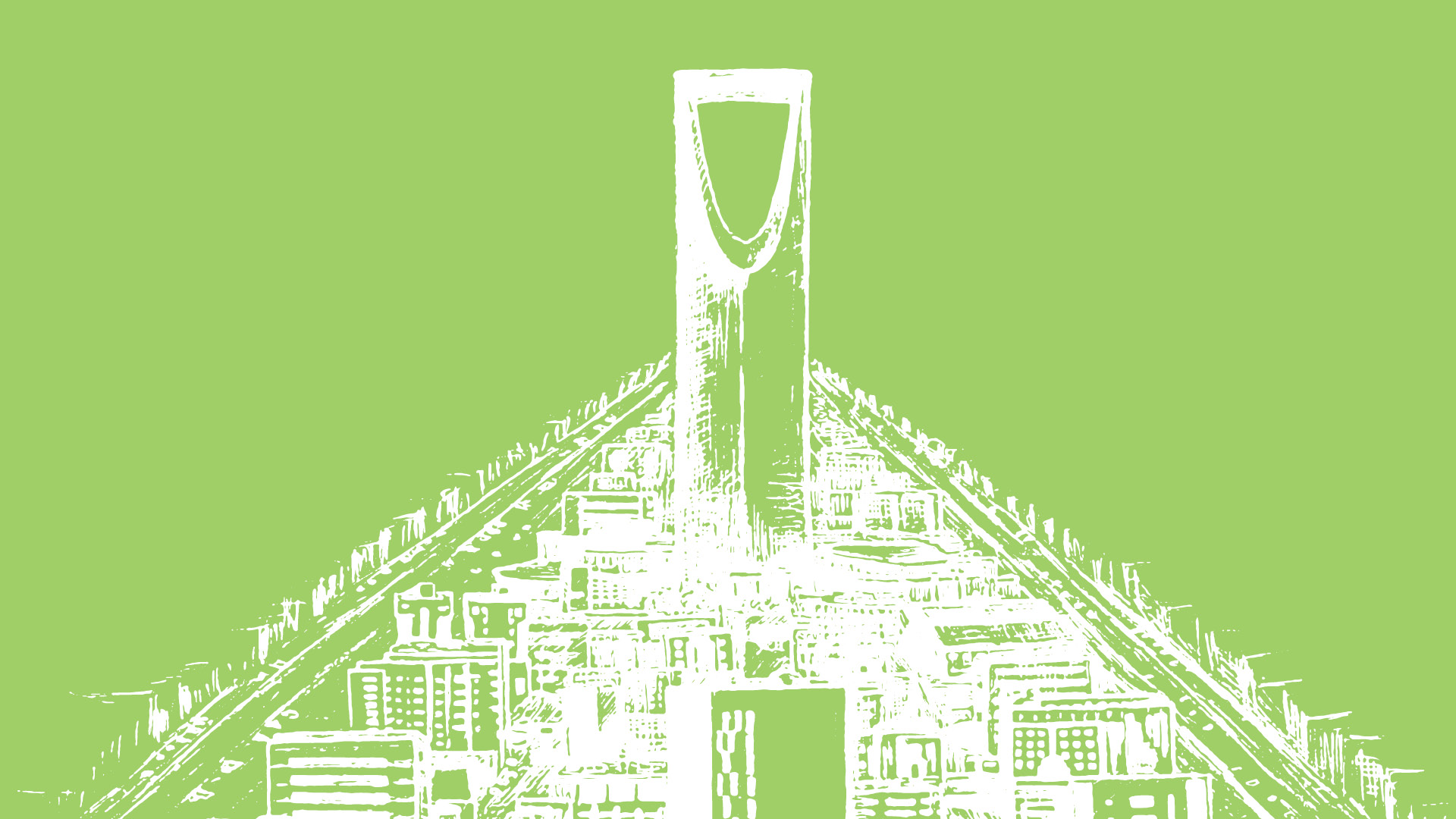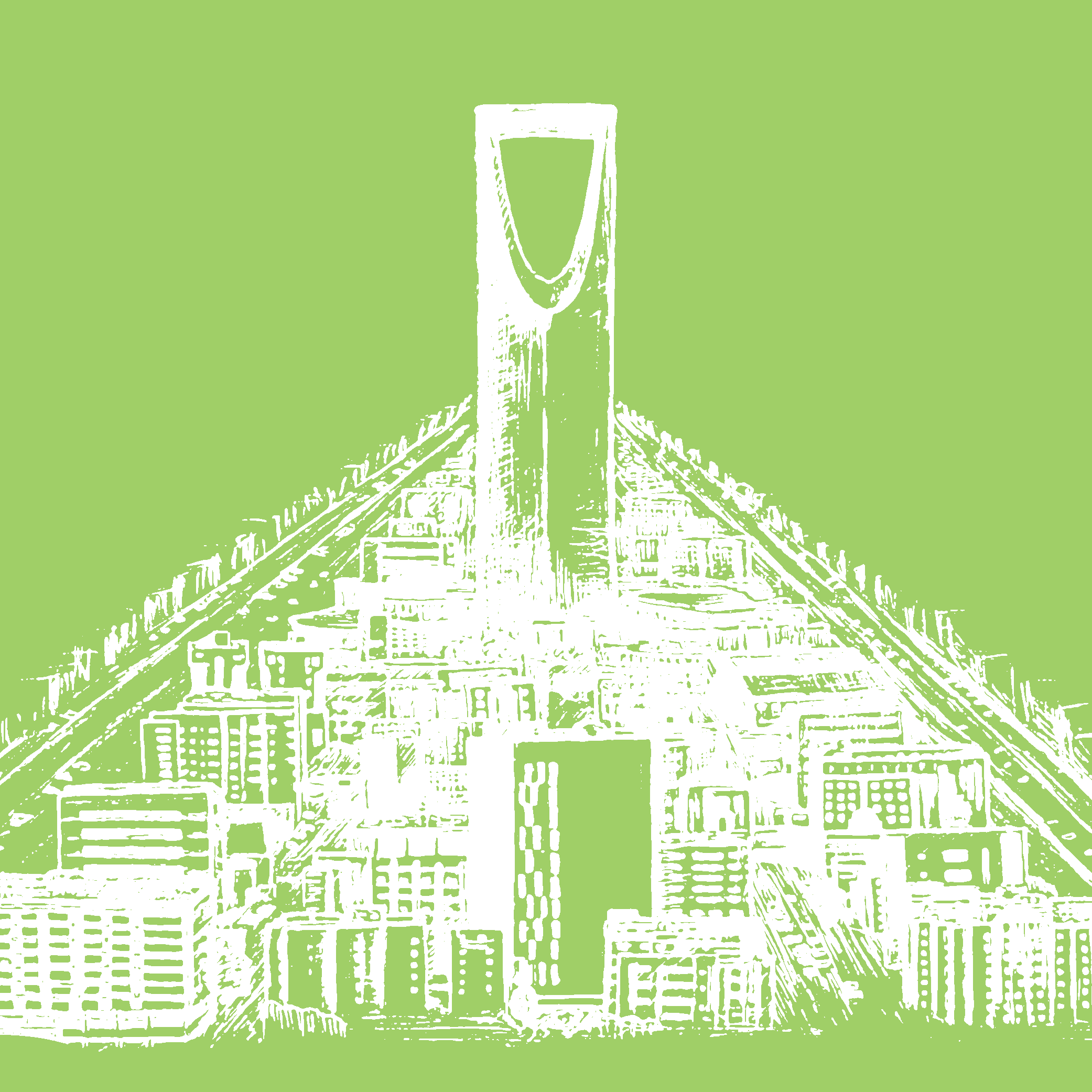- Arbitration
- Banking & Finance
- Capital Markets
- Commercial
- Competition
- Construction & Infrastructure
- Corporate / Mergers & Acquisitions
- Corporate Services
- Corporate Structuring
- Digital & Data
- Dispute Resolution
- Employment & Incentives
- Family Business & Private Wealth
- Innovation, Patents & Industrial Property (3IP)
- Insurance
Find a Lawyer
Book an appointment with us, or search the directory to find the right lawyer for you directly through the app.
Find out more
Level Up: Unlocking Financial Potential In The Middle East
Welcome to this edition of Law Update, where we focus on the ever-evolving landscape of financial services regulation across the region. As the financial markets in the region continue to grow and diversify, this issue provides timely insights into the key regulatory developments shaping banking, investment, insolvency, and emerging technologies.


2025 is set to be a game-changer for the MENA region, with legal and regulatory shifts from 2024 continuing to reshape its economic landscape. Saudi Arabia, the UAE, Egypt, Iraq, Qatar, and Bahrain are all implementing groundbreaking reforms in sustainable financing, investment laws, labor regulations, and dispute resolution. As the region positions itself for deeper global integration, businesses must adapt to a rapidly evolving legal environment.
Our Eyes on 2025 publication provides essential insights and practical guidance on the key legal updates shaping the year ahead—equipping you with the knowledge to stay ahead in this dynamic market.
The leading law firm in the Middle East & North Africa region.
A complete spectrum of legal services across jurisdictions in the Middle East & North Africa.
-
Practices
- All Practices
- Banking & Finance
- Capital Markets
- Commercial
- Competition
- Construction & Infrastructure
- Corporate / Mergers & Acquisitions
- Corporate Services
- Corporate Structuring
-
Sectors
-
Country Groups
-
Client Solutions
Today's news and tomorrow's trends from around the region.
17 offices across the Middle East & North Africa.
Our Services
 Back
Back
-
Practices
- All Practices
- Banking & Finance
- Capital Markets
- Commercial
- Competition
- Construction & Infrastructure
- Corporate / Mergers & Acquisitions
- Corporate Services
- Corporate Structuring
- Digital & Data
- Dispute Resolution
- Employment & Incentives
- Family Business & Private Wealth
- Innovation, Patents & Industrial Property (3IP)
- Insurance
- Intellectual Property
- Legislative Drafting
- Private Client Services
- Private Equity
- Private Notary
- Projects
- Real Estate
- Regulatory
- Tax
- Turnaround, Restructuring & Insolvency
- White Collar Crime & Investigations
-
Sectors
-
Country Groups
-
Client Solutions

- Law Firm
- /
- Insights
- /
- Law Update
- /
- November 2019
- /
- Another Milestone for Saudi Arabia: First Premium Residencies Issued to Foreigners
Another Milestone for Saudi Arabia: First Premium Residencies Issued to Foreigners
Mohsin Khan - Partner - Employment and Incentives
 Introduction
Introduction
On 11 November 2019, the Kingdom of Saudi Arabic (‘KSA’) issued Premium Residency status to non-Saudi nationals for the first time in its history, marking another milestone in its progress towards Vision 2030. In total, 73 Premium Residencies were issued to individuals with 19 different nationalities. The Saudi Premium Residency Centre announced that applications were received from thousands of applicants representing over 50 nationalities from within and outside of KSA. The Premium Residencies were issued to individuals from a broad spectrum of professions including investors, doctors, engineers and financiers.
In this article, we look at the background to the new Premium Residency status, as well as the eligibility requirements for applicants and benefits of holding Premium Residency in KSA.
Background
The immigration status of non-Saudi nationals has traditionally been based on employment status where an individual’s employer would act as their sponsor for residency purposes. Under this employment-based immigration system, non-Saudi residents are subject to certain restrictions; for example, non-Saudi nationals can only work for their employer and sponsor and cannot freely move to another employer without the existing sponsor’s consent to transfer their sponsorship. Non-Saudi residents are also unable to establish their own businesses within KSA whilst being employed by their sponsor. Similarly, non-Saudi nationals residing in KSA under their employer’s sponsorship are unable to easily own real estate in their own name. Importantly, if a non-Saudi national’s employment ends, they are required to leave KSA unless they are able to transfer their sponsorship to a new employer. Although it is possible for foreign companies to invest in KSA in compliance with the Foreign Investment Law, foreign individual investors cannot do so directly, thereby limiting the potential scope of foreign investment within KSA.
New Premium Residency
Following the announcement first made in April 2016 by Crown Prince Mohammed Bin Salman of a ‘green card’ for expats, the KSA government passed the Privileged Iqama Law by Royal Decree No. M/106 dated 10/9/1440H (corresponding to 15 May 2019) (the ‘Law’).

The Law allows a non-Saudi national to apply for the Premium Residency either on a permanent basis or for a one-year period that is renewable. The cost of the permanent Premium Residency is SAR 800,000 (equivalent to US$213,333) and the cost of the one-year renewable Premium Residency is SAR 100,000 (equivalent to US$26,666). An applicant for the one-year Premium Residency will obtain a reduction of two percent per year on a cumulative basis if they pay the fees for more than one year in advance.
Eligibility Requirements for new Premium Residency
All applicants for Premium Residency in KSA must satisfy the following conditions:
- be at least 21 years old and have a valid passport;
- provide evidence of their solvency (i.e. proof of financial income, investments or other financial resources);
- provide a police clearance certificate;
- provide a health certificate within six months of the application date confirming that the applicant is free of infectious diseases; and
- have a valid Iqama (i.e. work and residence status) if the application is made at a time when the individual is already residing in KSA.
Rights and Benefits of Premium Residency
The Premium Residency gives the holder the following rights and benefits:
- ability to reside in the KSA with immediate family members and obtain visit visas for relatives;
- right to work in any establishment and to change employment at will;
- right to own property for residential, commercial and industrial purposes in all Saudi cities and towns with the exception of the holy cities of Makkah and Madinah, and some border areas;
- ability to undertake commercial activities in the KSA in accordance with Foreign Investment Law;
- right to enter and exit the KSA without restriction;
- ability to invest in securities listed in the Saudi Stock Market;
- right to make use of property in Makkah and Madinah for a period not exceeding 99 years;
- right to own private transport without restriction; and
- ability to recruit domestic workers.

Comment
The Premium Residency is a welcome step towards opening up investment opportunities in the KSA to non-Saudi nationals and its introduction comes at a time when the KSA is continuing to implement a number of reforms with a view to facilitating more foreign investment as the government looks to diversify the country’s economy away from the oil sector. The high costs associated with both types of Premium Residency suggest that it is targeted mainly at entrepreneurs, who will be in a position to invest in the KSA and create job opportunities, or highly skilled workers.
However, notwithstanding the significant costs of the Premium Residency, the large number of applications received from individuals around the world for the Premium Residency since the scheme was opened in June 2019 shows that individual investors are attracted by the range of opportunities available in KSA as the country broadens its economy into new sectors. The government hopes that the Premium Residency scheme will boost the economy through the establishment of new businesses by foreign investors and thereby create employment opportunities for Saudi nationals. We expect to see increased commercial activity by foreign entrepreneurs that have been granted Premium Residency which is likely to increase competition within the private sector in KSA and, ultimately result in a more diverse economy.
Al Tamimi & Company’s Employment & Incentives team advises on a range of business immigration issues, including the new Premium Residency scheme. For further information please contact Mohsin Khan (mohsin.khan@tamimi.com) or Zahir Qayum (z.qayum@tamimi.com).
Stay updated
To learn more about our services and get the latest legal insights from across the Middle East and North Africa region, click on the link below.


